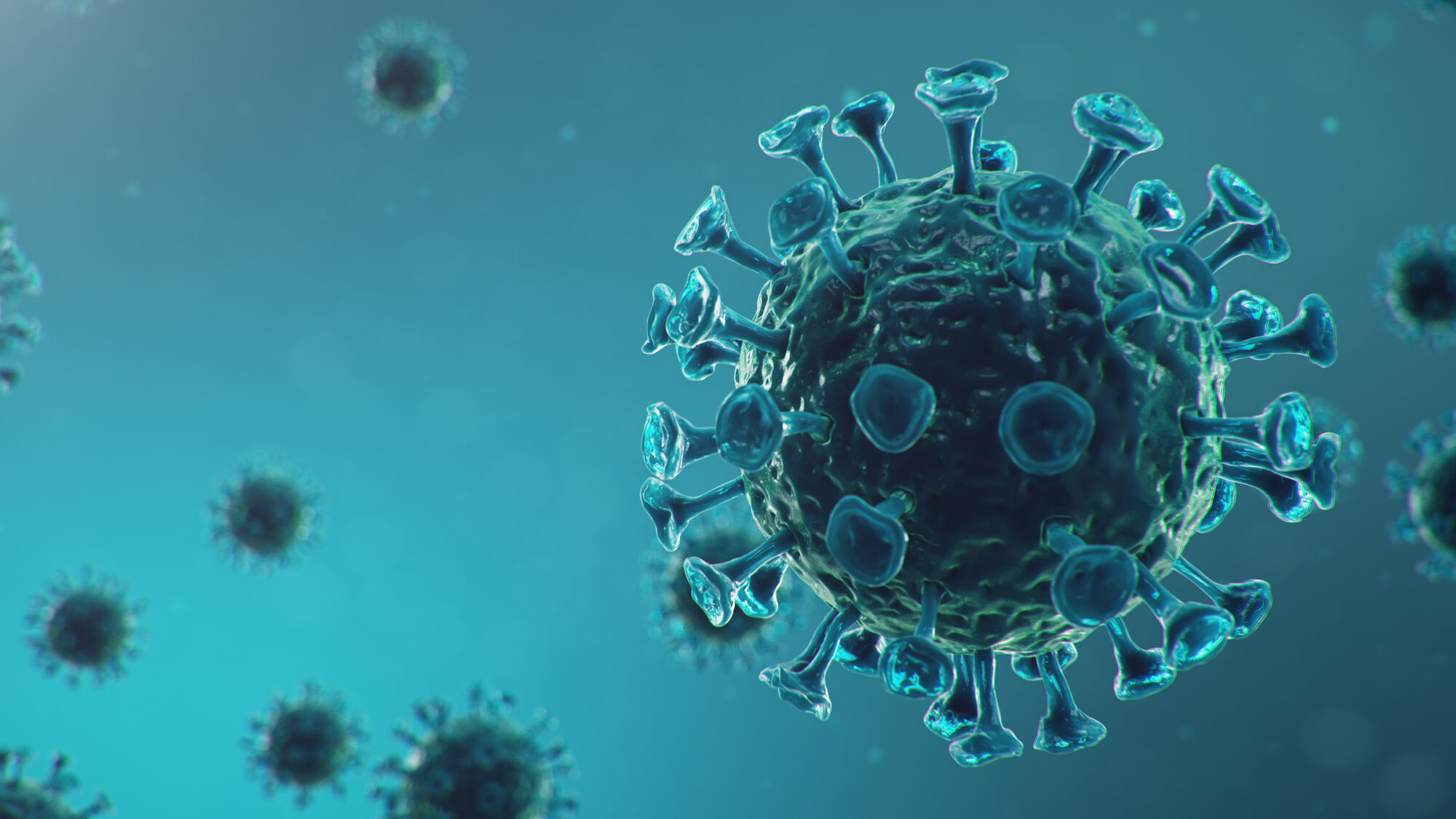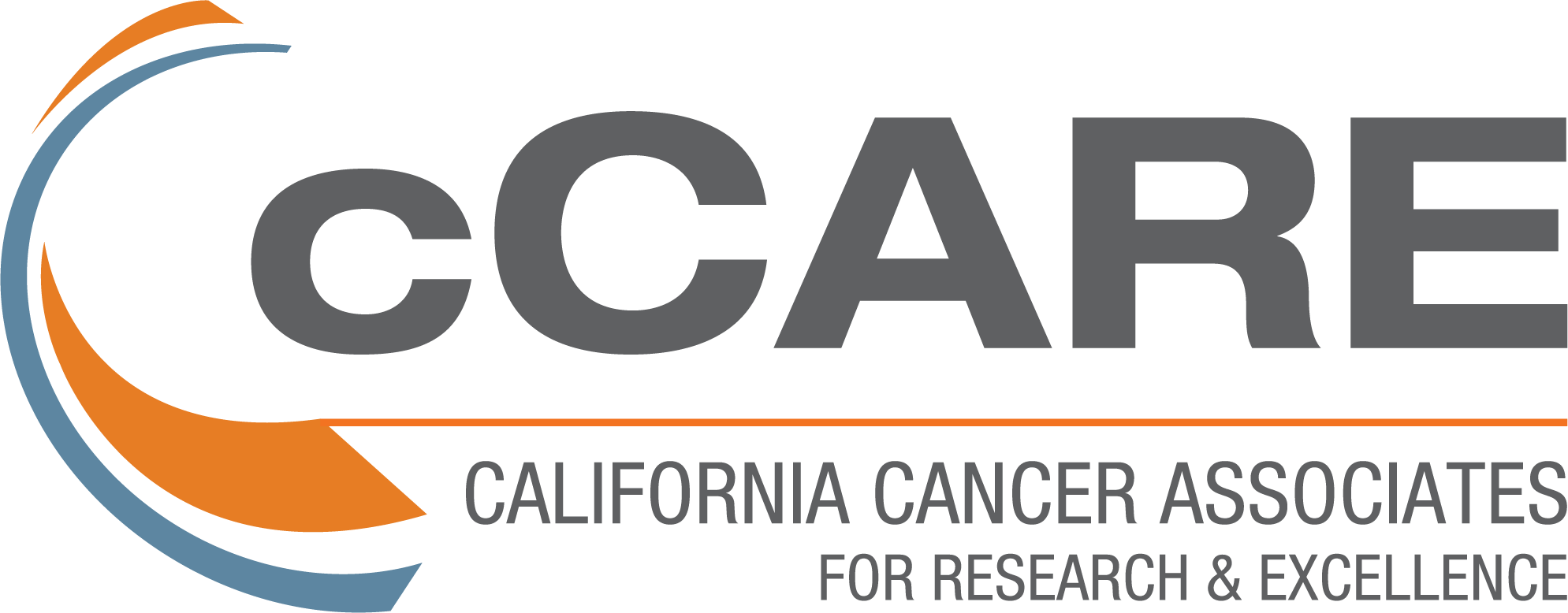
An overview of the coronavirus, COVID-19
We encourage our patients to protect themselves and stay as informed as possible during the pandemic. Coronavirus is a family of viruses, but a new strain discovered in 2019 has resulted in concern and actions worldwide. Its official name is coronavirus disease 2019, abbreviated as COVID-19. It is also called novel (new) coronavirus.
Coronavirus symptoms
Symptoms include:
- Cough
- Shortness of breath or trouble breathing
- Fever
These symptoms are often mild but may develop into more severe symptoms, such as pneumonia, in people at higher risk. Risk increases with age, with those age 60 more at risk than those age 50, and those 85 or older at greatest risk due to age. Others at risk are people with chronic medical conditions like lung disease, diabetes, high blood pressure or heart disease.
How are we protecting our patients from COVID-19?
As the virus spreads, cCARE is working hard to protect our patients. We are following all Centers for Disease Control and Prevention (CDC) rules to avoid infection and have implemented the following safety protocols:
- Hand sanitizer stations.
- High-traffic areas are sanitized three times a day with treatment rooms cleaned after every patient.
- Social distancing protocols: Patients are to remain at least six feet apart at all times.
- Limited visitors: No visitors are allowed in the treatment rooms, and only one visitor is allowed during a consultation.
- Masking: Patients are asked to wear masks upon entering the clinic and during their appointment.
- Temperature checks are administered at all locations.
We have not altered hours for specifically aged patients but are continuing to be cautious about how many patients are in a clinic at a time. We remain open and fully functional, as it is imperative that patients continue their cancer treatment during this time.
Although cancer and cancer treatments may weaken the immune system, treatment such as chemotherapy have not been shown to increase a patient’s chance of contracting the virus. We also urge patients to get their flu shot to further strengthen and protect their immune system.
How can patients protect others from the coronavirus?
Follow the guidelines below to see if you should keep or postpone your current cCARE appointment.
Have you recently traveled to a high-risk area for the coronavirus or come in close contact with a coronavirus patient (who has tested positive) within the last 14 days?
If Yes:
- Are you experiencing any of the symptoms noted above?
- If yes, contact your primary care physician for further guidance.
- If no, contact us to rebook your upcoming appointment. This will be no sooner than 14 days in the future.
If you haven’t had a known exposure to the coronavirus, are you experiencing respiratory illness symptoms (affecting the lungs)?
If Yes:
- Do you have a fever greater than 101° Fahrenheit, shortness of breath and coughing?
- If yes, you will need to go to the ER for testing and evaluation.
- If no, it’s ok to come to cCARE for an appointment. Keep your regularly scheduled time or call us to book an appointment. Please be sure to bring a mask.
If you haven’t had a known exposure to the coronavirus, through travel or close contact with someone who has the virus, and are not experiencing respiratory illness, it’s ok to come to cCARE for an appointment.
- If you have an appointment, please come at your scheduled time.
- Or make an appointment: call us or request an appointment online.
Coronavirus prevention tips
Encourage everyone in your household, school or workplace to decrease the chances of spreading the coronavirus as well as other germs and viruses.
- Wash hands with soap and water regularly for at least 20 seconds, including right after entering the home or other destination.
- Avoid touching your face and remind others to avoid touching their face (it’s a hard habit to break!).
- Cover coughs and sneezes with a tissue and then throw it away, or use the crook of your elbow if you don’t have tissue.
- Stop shaking hands and greet each other through noncontact methods.
- Regularly disinfect surfaces such as doorknobs, cabinets, tables, etc.
- Limit food sharing, and practice strict hygiene in the kitchen and while eating.
- When gathering as a family, for a meeting or a class, meet in open, well-ventilated spaces – even outdoors if available. Consider postponing or adjusting larger meetings or gatherings.
- Follow proper masking regulations.
Feeling sick?
Those who are feeling sick, or have a sick family member in their home should:
- Stay home except to get medical care, contacting a primary care doctor or going to an ER. Avoid public transportation and public areas, and limit contact with others – including pets!
- Stay in their own room with the door closed if possible.
- Have only one specific person care for them.
- Rest, drink plenty of liquids and take over-the-counter pain and fever-reducing medications.
Coronavirus outbreak overview & health facts
- COVID-19 is a disease caused by a virus named SARS-CoV-2, and is part of a larger family of coronaviruses, which are common viruses that affect people and animals.
- The coronavirus was first detected in China, and has since spread throughout the world. This includes the United States, which declared a public health emergency (PHE) on Jan. 31, 2020, in order to support the country’s healthcare providers in responding to COVID-19. On March 11, 2020, the World Health Organization (WHO) characterized the outbreak of COVID-19 as a pandemic.
- The coronavirus is quite active in California (see a map of reported cases.)
- According to the CDC, the coronavirus is thought to spread through person-to-person close contact (within 6 feet typically), especially from breathing in droplets from an infected person’s cough or sneeze.
- People with COVID-19 are likely most contagious at their sickest when they experience the most symptoms. Recent data suggests that a person can also get the virus from coming in close contact with an infected person who is not yet showing signs of the virus.
- Another possible but less likely way of getting the coronavirus is from coming in contact with the virus on a surface or object and then touching the face, especially the mouth or nose.
- Based on information about other types of coronaviruses, COVID-19 symptoms typically appear 2-14 days after exposure.
- Although the CDC and many public health labs can test for the coronavirus, most health providers and hospitals do NOT offer testing. Testing is only recommended when a person has had a known exposure to the coronavirus (through person-to-person contact or recent travel to a high-risk area) and has the coronavirus symptoms.
Other coronavirus resources from cancer.org
To learn more about coronavirus and cancer, visit the following cancer.org resources:
Common Questions About the COVID-19 Outbreak
